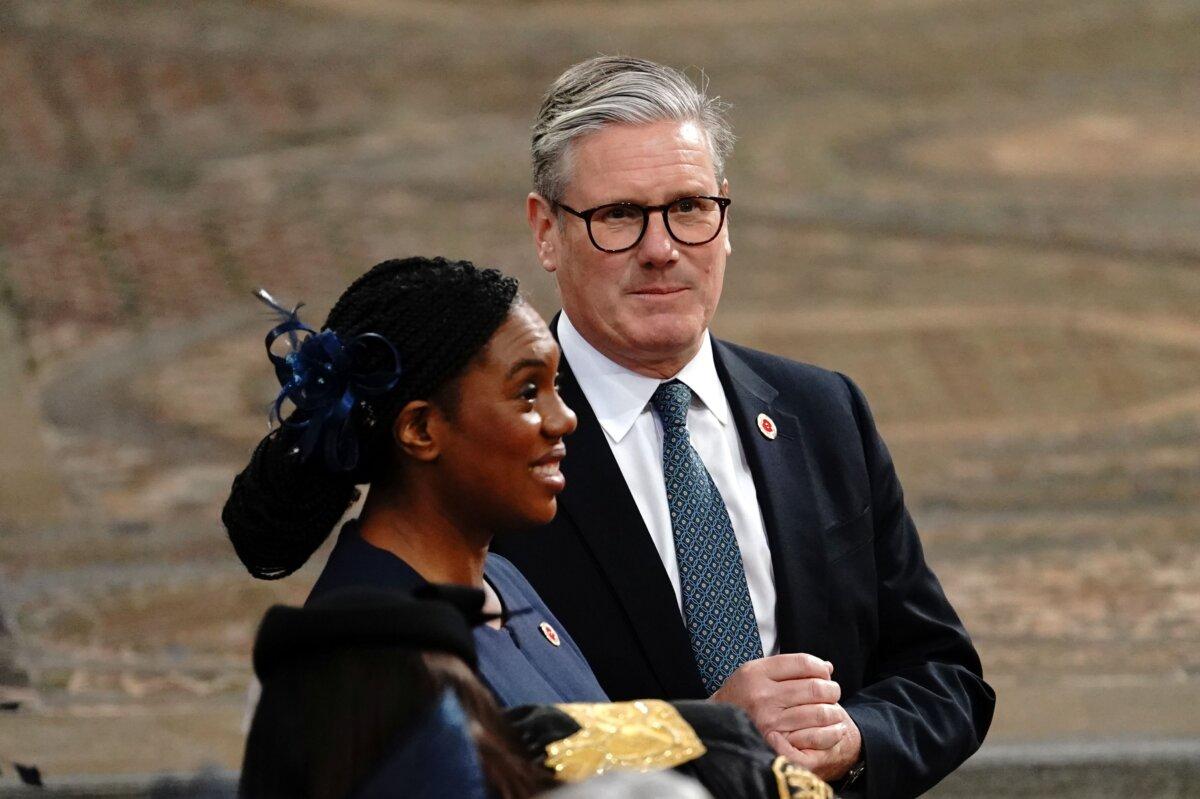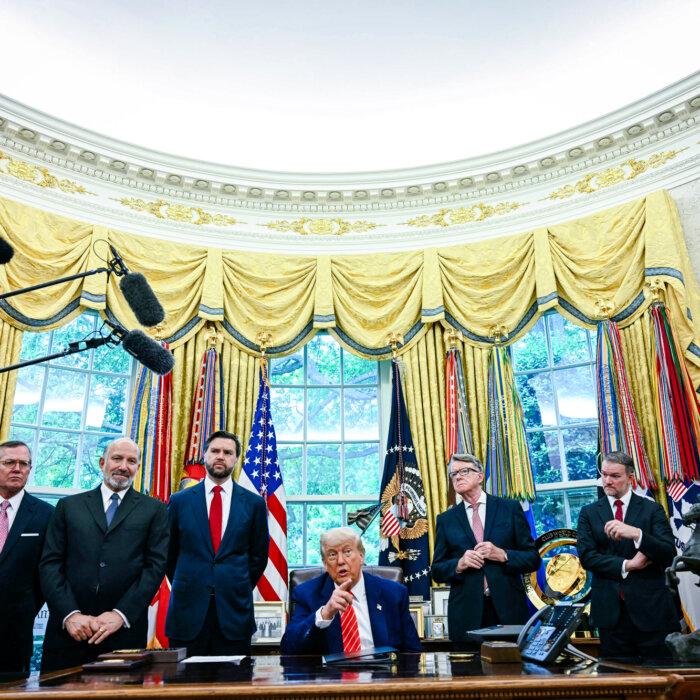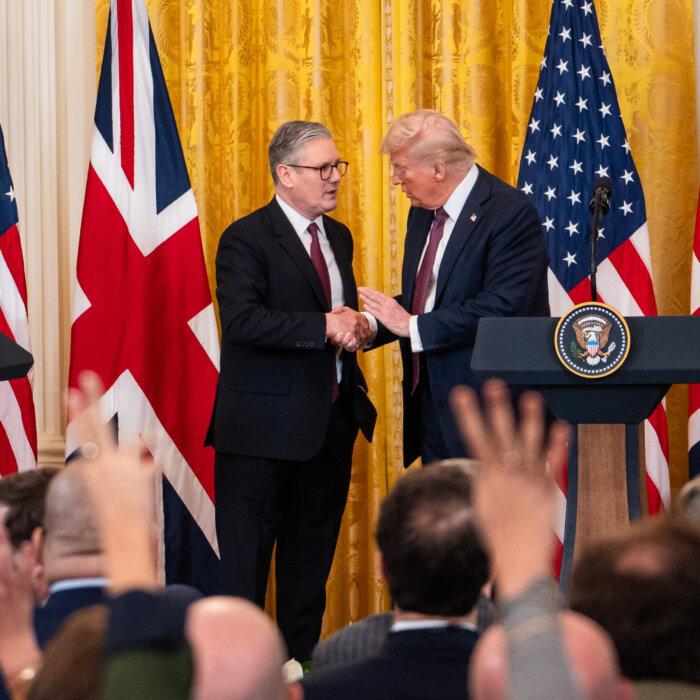Despite celebrations in Downing Street and cautious optimism from business leaders, concerns persist over the limited scope of the U.S.–UK trade deal, the concessions made, and its long-term implications for sectors such as agriculture.
“That is a deal will protect British businesses and save thousands of jobs in Britain, really important, skilled, well-paid jobs,” said Starmer.
Businesses Cheer but Call for More
Reactions from industry have been broadly positive. Jaguar Land Rover’s CEO Adrian Mardell welcomed the certainty the deal provides, calling it “vital to the UK’s economic prosperity.”The automotive sector, currently burdened by U.S. tariffs, is expected to see hundreds of millions of pounds in savings.
The Society of Motor Manufacturers and Traders (SMMT) echoed this sentiment, adding it will “provide much needed relief” and allow the industry to “approach the future more positively.”
Gareth Stace, director general of UK Steel, also hailed the removal of 25 percent tariffs as a “major relief” for a sector still grappling with global overcapacity, high energy costs, and weak demand.
Yet many voices across the business community cautioned that the deal, while significant, is no substitute for a full free trade agreement.
“This deal is a win for the UK,” said Emma Rowland of the Institute of Directors.
However, she cautioned that it falls short of the full free trade agreement pursued by the government.
“Meanwhile, the 10 percent tariff still puts the UK at an economic disadvantage in comparison to the pre-tariff environment. However, bringing down tariffs on US imports of British cars, steel and aluminium provides competitive advantages for UK firms. The announcement also gives hope for further collaboration on science and technology,” she added.
Agricultural Concerns Cloud Rural Response
The National Farmers’ Union (NFU) has expressed concern about concessions made on beef and ethanol, warning that UK agriculture may be shouldering too much of the cost of securing relief for industrial exporters.Under the deal, the UK will allow 13,000 tonnes of hormone-free U.S. beef and 1.4 billion litres of ethanol tariff-free, quotas some fear could undercut domestic producers.
NFU President Tom Bradshaw praised the government for “maintaining high standards,” but said the decision to open the ethanol market risks harming UK arable farmers.
“Today is the start, not the end,” the NFU said, calling for better protection in future negotiations.
NFU Scotland raised similar concerns, noting the need for a “level playing field” and clarity on what the agreement means for Scottish farmers.

Opposition Warns of ‘Patch’ Deal
While the government has painted the deal as a diplomatic breakthrough, opposition politicians have accused Starmer of overselling a modest win.He claimed that “British exporters are still paying higher tariffs than two months ago,” and that the deal “falls a million miles short” of the full free trade agreement pursued by previous governments.
“This isn’t a historic deal – it’s a patch,” Griffith said.
She accused Starmer of overselling the deal, adding: “If he had come out and said we are trying to fix the a problem that was created last month, I think we would have understood that. But calling it a historic deal is trying to sell people a pup.”
“The government’s got to publish this deal and allow MPs to scrutinise it and vote on it,” he said.
Davey also criticised the limited scope of the agreement, warning that “even after today’s deal, Trump’s terrible tariffs will still be hitting British jobs and businesses hard.”
Bank of England Governor Andrew Bailey echoed the importance of revitalising EU ties.
In a BBC interview, he said reversing the post-Brexit decline in UK–EU trade would be “beneficial” and suggested the U.S. deal could serve as a model for broader international engagement.







